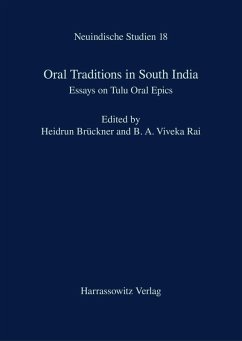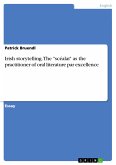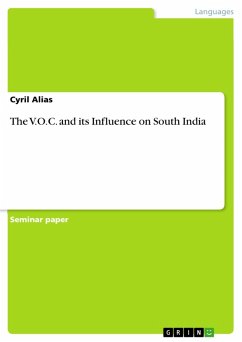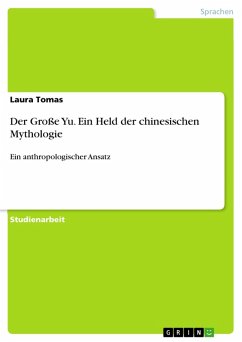The present volume studies three oral epic traditions in the Tulu language (a Dravidian language). They have been living performance traditions in the Tulu speaking coastal districts of Karnataka up to the present day. For the first time, Indian, European and American scholars working on Tulu oral epics, folklorists, anthropologists as well as Indologists are brought together. All texts discussed belong to the indigenous Tulu genre called pa¿dana, which ranges from shorter invocations of local deities to texts of epic dimensions. Because pa¿danas had been transmitted exclusively orally until the 19th century, it is very difficult to assign their composition to a particular historical period. The social universe described in some of them may reflect a late medieval setting. Texts of one of the epic traditions have been collected over a period of almost 150 years, from the mid-19th century to the early 2000s. Two papers (H. Brückner / V. Rai and V. Nandavara) deal with this tradition which is part of the oldest collections. In contrast, the popular epic of the Ba¿¿ heroine, Siri, only attracted the attention of scholars from the 1970s onwards. In this book, the Siri tradition is studied by C. Gowda, A. Alva, and P. Schuster-Löhlau. Peter J. Claus' important paper introduces Ko¿dabbu, the champion of a Dalit community. The wealth of texts and versions reflected in this volume allows, for the first time, to make systematic comparisons between different texts of the same tradition as well as between narrative elements and cultural concepts found in different traditions. Linguistic analysis, too, is just beginning to reveal possibly unique textual and narrative features.
Dieser Download kann aus rechtlichen Gründen nur mit Rechnungsadresse in A, B, BG, CY, CZ, D, DK, EW, E, FIN, F, GR, HR, H, IRL, I, LT, L, LR, M, NL, PL, P, R, S, SLO, SK ausgeliefert werden.




